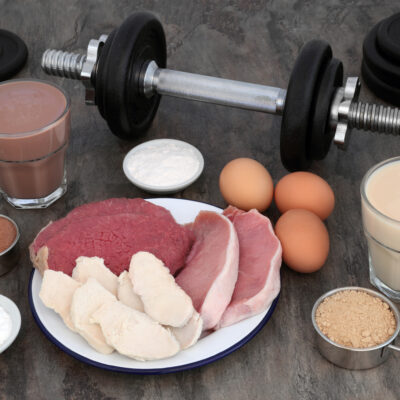
Food
6 Prevalent Symptoms of Depression and Effective Medical Treatments
Studies show that depression is the sixth-most-costly health condition in the U.S. behind diabetes mellitus. According to the American Psychological Association, the costs of medical treatments for depression total 71 billion each year. Both mild and severe depression can now be handled with proper care—including private therapy or online counseling via services like Psychology Today Telehealth Platforms, psychotherapy programs (which may include in patient treatment at a depression treatment facility), lifestyle changes; and doctor-prescribed medications such as Trintellix, Valtoco, Vraylar, Rexulti, Fetzima, Levomilnacipran, and Buprobion. Healthcare for people with depression could come in the form of medications or therapy or a combination of both. It is important to identify the common symptoms of depression to make sure that people can lead a normal life. Recognizing the signs and symptoms at an early stage can help keep it at bay. Here are the common symptoms of depression: 1. Lack of interest Even healthy individuals tend to lose interest in things occasionally. But if one notices a lack of interest in tasks that once were enjoyed, then it could be one of the symptoms of depression. People might lose interest in enjoying the simple pleasures of life and start feeling unmotivated to do any of their favorite tasks.
Read More 








